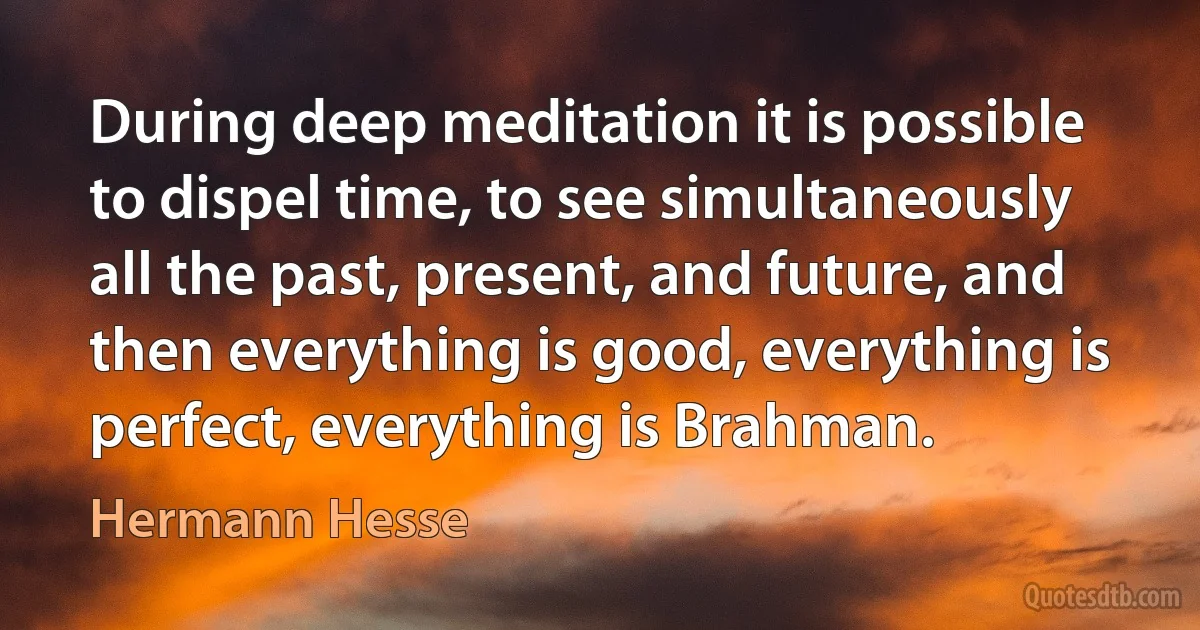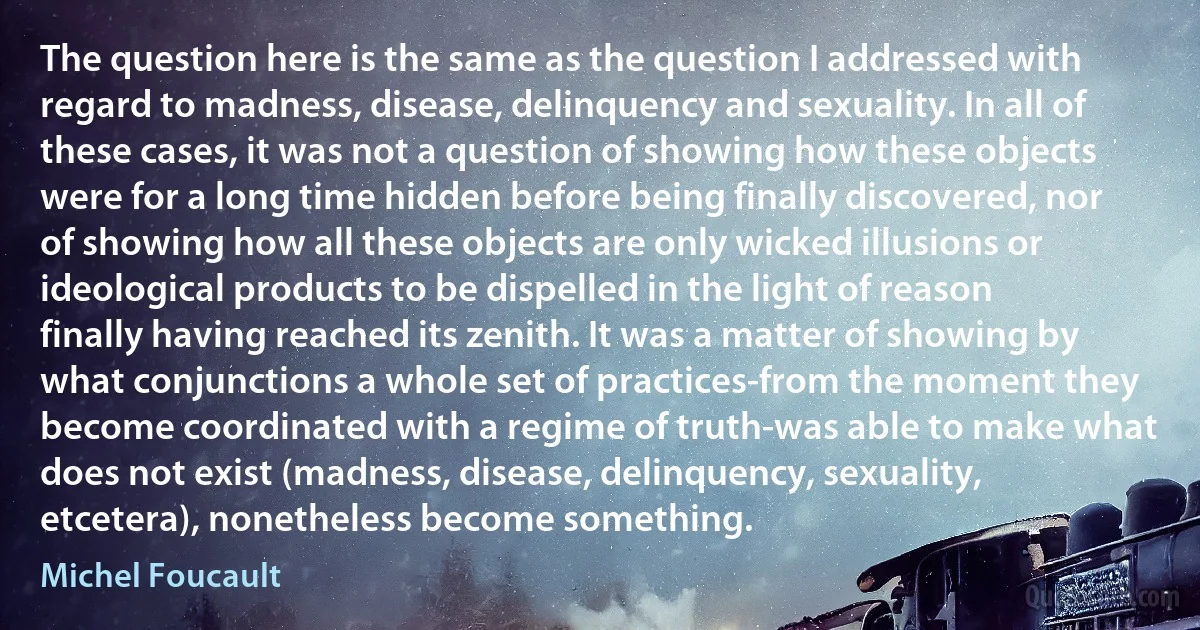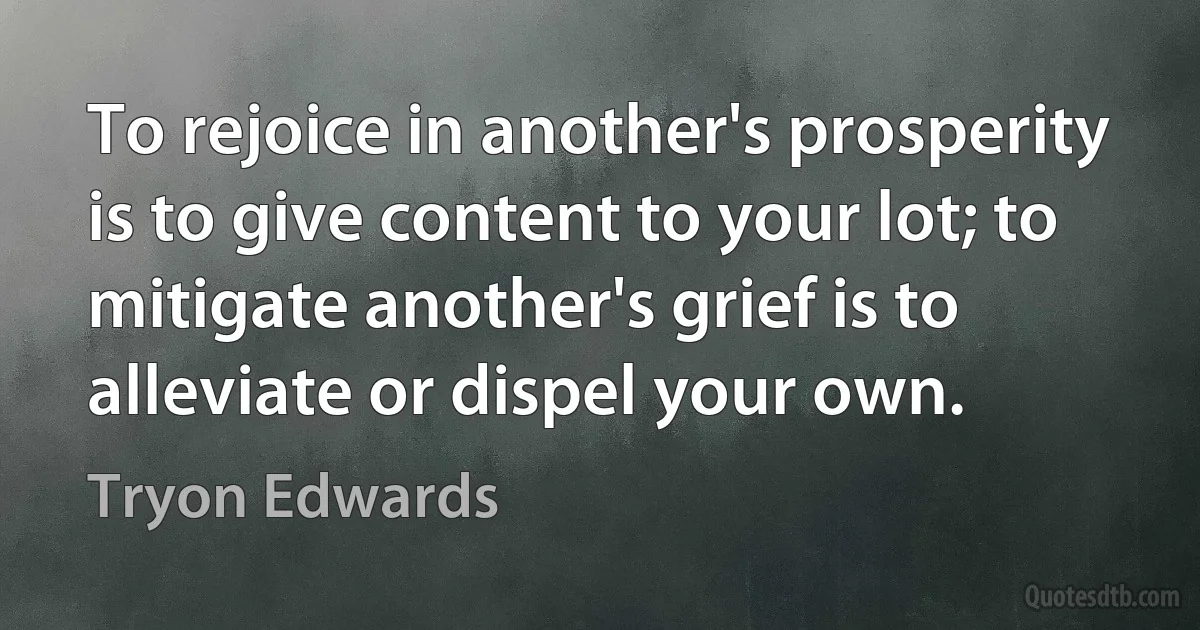Dispel Quotes - page 2
If there is any thing that can render the soul calm, dissipate its scruples, and dispel its fears, sweeten its sufferings by the anointing of love, impart strength to it in all its actions, and spread abroad the joy of the Holy Spirit in its countenance and words, it is a simple, free, and child-like repose in the arms of God.

François Fénelon
Let's dispel once and for all with this fiction that Barack Obama doesn't know what he's doing. He knows exactly what he's doing; he's undergoing a systematic effort to change this country and make America more like the rest of the world. If I'm elected we'll embrace what makes America the greatest country in the world.

Marco Rubio
We had to dispel the notion that the way to economic success lies through a sort of fiscal levitation. That was the abiding post-war delusion-that governments could spend and borrow their way to prosperity, and fine-tune the performance of the economy through something known pretentiously as demand management...It used to be an establishment nostrum that you need a budget deficit to get economic growth. That was the belief which lay behind the notorious letter by 364 economists in March 1981. We have given the lie to that, decisively. There can no longer be any argument about it. Everyone-or almost everyone-now accepts that the proper role of macro-economic policy is to keep downward pressure on inflation and to maintain a stable framework in which the private sector can expand.

Nigel Lawson
The correct analogy for the mind is not a vessel that needs filling, but wood that needs igniting - no more - and then it motivates one towards originality and instills the desire for truth. Suppose someone were to go and ask his neighbors for fire and find a substantial blaze there, and just stay there continually warming himself: that is no different from someone who goes to someone else to get to some of his rationality, and fails to realize that he ought to ignite his own flame, his own intellect, but is happy to sit entranced by the lecture, and the words trigger only associative thinking and bring, as it were, only a flush to his cheeks and a glow to his limbs; but he has not dispelled or dispersed, in the warm light of philosophy, the internal dank gloom of his mind.

Plutarch
IV. We think timid counsels in such a crisis calculated to prove perilous, and probably disastrous. It is the duty of a Government so wantonly, wickedly assailed by Rebellion as ours has been to oppose force to force in a defiant, dauntless spirit. It cannot afford to temporize with traitors nor with semi-traitors. It must not bribe them to behave themselves, nor make cheat fair promises in the hope of disarming their causeless hostility. Representing a brave and high-spirited people, it can afford to forfeit anything else better than its own self-respect, or their admiring confidence. For our Government even to seek, after war has been made on it, to dispel the affected apprehensions of armed traitors that their cherished privileges may be assailed by it, is to invite insult and encourage hopes of its own downfall. The rush to arms of Ohio, Indiana, Illinois, is the true answer at once to the Rebel raids of John Morgan and the traitorous sophistries of Beriah Magoffin.

Horace Greeley
For as children tremble and fear everything in the blind darkness, so we in the light sometimes fear what is no more to be feared than the things that children in the dark hold in terror and imagine will come true. This terror, therefore, and darkness of mind must be dispelled not by the rays of the sun and glittering shafts of daylight, but by the aspect and law of nature.

Lucretius
Rather than ignore those who choose to publish their opinions without actually talking to me, I am happy to dispel any rumors or misconceptions and am quite proud to say that I am a very content gay man living my life to the fullest and feel most fortunate to be working with wonderful people in the business I love.

Neil Patrick Harris
When we were told that by freedom we understood free enterprise, we did very little to dispel this monstrous falsehood. Wealth and economic well-being, we have asserted, are the fruits of freedom, while we should have been the first to know that this kind of ''happiness'' has been an unmixed blessing only in this country, and it is a minor blessing compared with the truly political freedoms, such as freedom of speech and thought, of assembly and association, even under the best conditions.

Hannah Arendt
Our adversaries are not demons, witches, fate, or mental illness. We have no enemy whom we can fight, exorcise, or dispel by "cure." What we do have are problems in living - whether these be biologic, economic, political, or sociopsychological. In this essay I was concerned only with problems belonging in the last mentioned category, and within this group mainly with those pertaining to moral values. The field to which modern psychiatry addresses itself is vast, and I made no effort to encompass it all. My argument was limited to the proposition that mental illness is a myth, whose function it is to disguise and thus render more palatable the bitter pill of moral conflicts in human relations.

Thomas Szasz
Religion has ever filled the mind of man with darkness, and kept him in ignorance of his real duties and true interests. It is only by dispelling the clouds and phantoms of Religion, that we shall discover Truth, Reason, and Morality. Religion diverts us from the causes of evils, and from the remedies which nature prescribes; far from curing, it only aggravates, multiplies, and perpetuates them.

Baron d'Holbach
When we enter a new situation in life and are confronted by a new person, we bring with us the prejudices of the past and our previous experiences of people. These prejudices we project upon the new person. Indeed, getting to know a person is largely a matter of withdrawing projections; of dispelling the smoke screen of what we imagine he is like and replacing it with the reality of what he is actually like.

Karl Popper
Fights between individuals, as well as governments and nations, invariably result from misunderstandings in the broadest interpretation of this term. Misunderstandings are always caused by the inability of appreciating one another's point of view. This again is due to the ignorance of those concerned, not so much in their own, as in their mutual fields. The peril of a clash is aggravated by a more or less predominant sense of combativeness, posed by every human being. To resist this inherent fighting tendency the best way is to dispel ignorance of the doings of others by a systematic spread of general knowledge. With this object in view, it is most important to aid exchange of thought and intercourse.

Nikola Tesla
The sensuous may be exceedingly distinct, while intellectual concepts are extremely confused. The former we observe in the prototype of sensuous knowledge geometry; the latter, in the organon of all intellectual concepts, metaphysics. It is evident how much toil the latter is expending to dispel the fogs of confusion darkening the common intellect, though not always with the happy success of the former science.

Immanuel Kant



